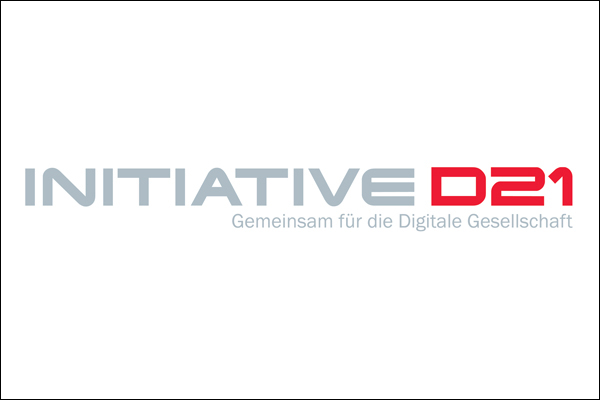The results of the annual D21 survey measure the evolution of the 4 dimensions (openness, digital skills, internet access, diversity of uses) of the German society digital development index. In 2016, the index stands at 51 points out of 100, and thus registers a decrease of one index point compared to 2015 (NB: the 2016 index is rounded to the unit, whereas it was given to the first decimal place (51.6) until 2015)
The dimensions "openness to digital" and "digital skills" lose 4 and 5 points respectively. The perceived and experienced complexity of the digital world tends to increase among German users.
According to the results obtained by the survey, a typology of users in 6 categories is proposed: "the skeptical outsider" (26%), "the conservative occasional user" (39%), "the cautious pragmatist" (4%), the "thoughtful pro" (17%), "the progressive user" (8%) and the "technophile" (6%). The names of 3 of the 6 categories changed between 2015 and 2016: the "casual user" became the "conservative casual user", the "passionate internet user" became the "progressive user" and the "thoughtful mobilist" became the "technophile".
Référence :
Internet use increased by one point to 79%. Almost all 14-49 year olds go online.
Internet is increasingly used on mobile, rising from 54% in 2015 to 59% in 2016. Smartphones are becoming widespread: 66% of Germans own one (60% in 2015) and this device is becoming the most used terminal. The majority of German workers face technical difficulties in using digital technology. They acquire new knowledge in a self-taught way, by asking someone or by using free online tools. 38% have received further or professional training through their employer.
Finally, in the chapter on digital skills, some essential skills of the digital society are examined in more detail: data and information analysis, communication, content production, security, problem solving. A structural and systematic lack of digital skills is reported. This point implies an imminent need for initial and continuous training. For the authors of the report, this is a strategic element that should be taken into account by the economy and public policies, and that should be anchored in the educational system.





